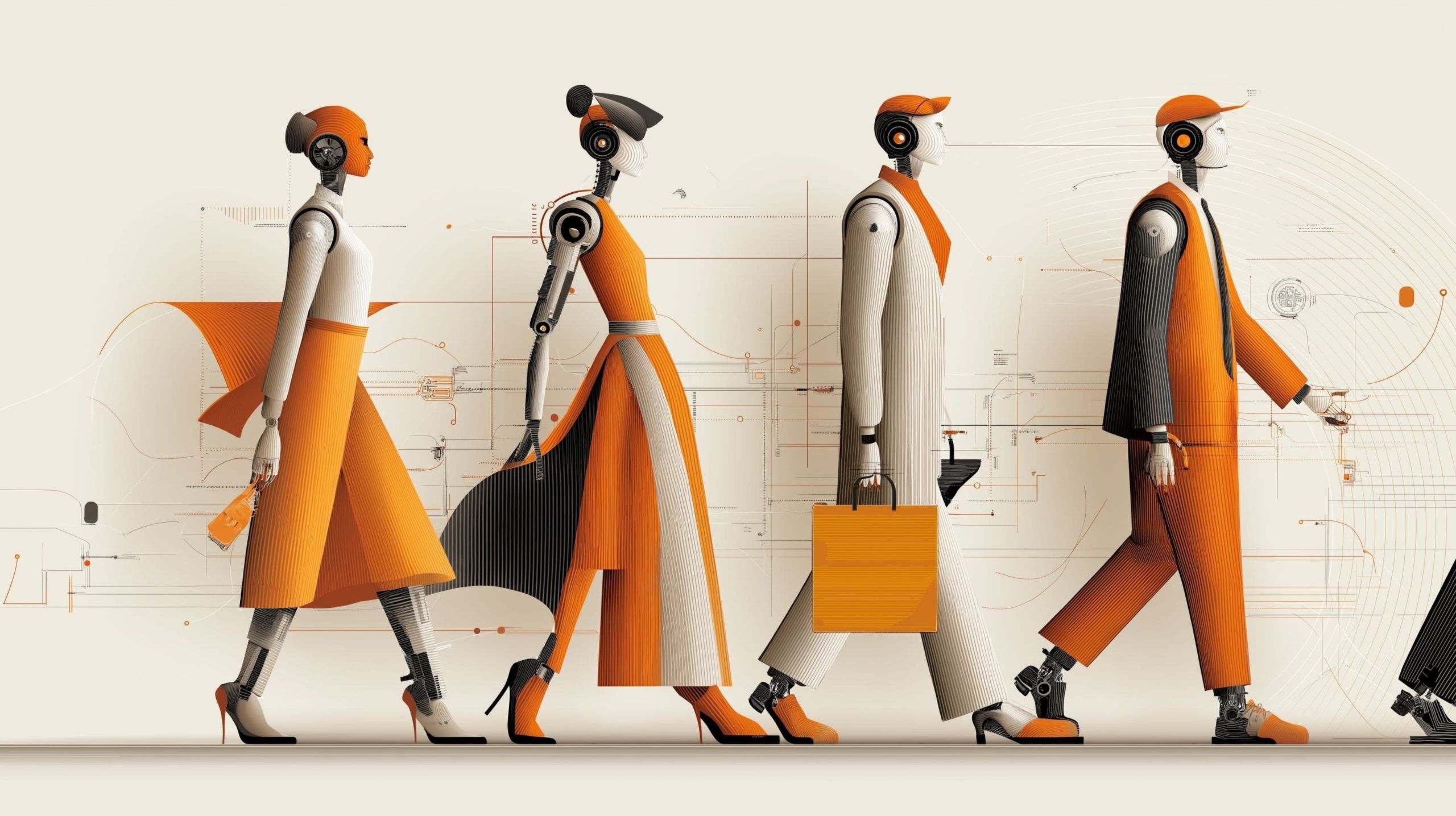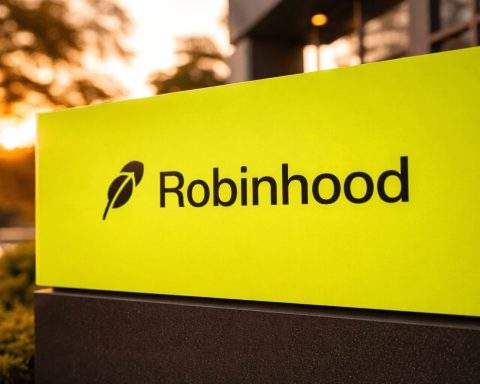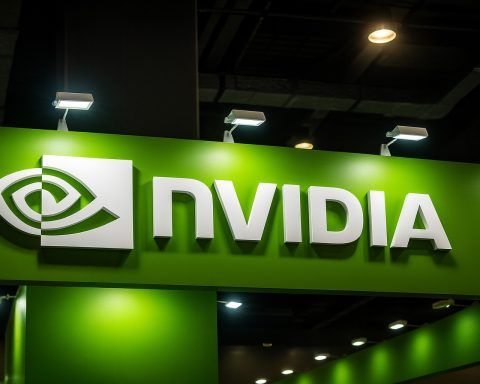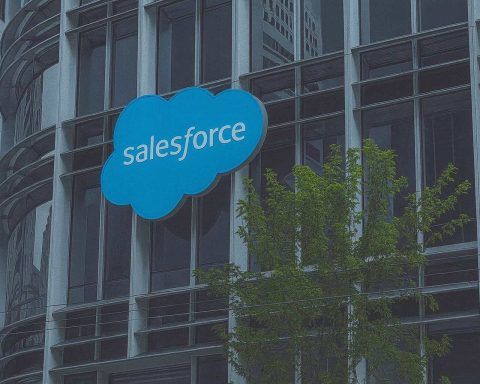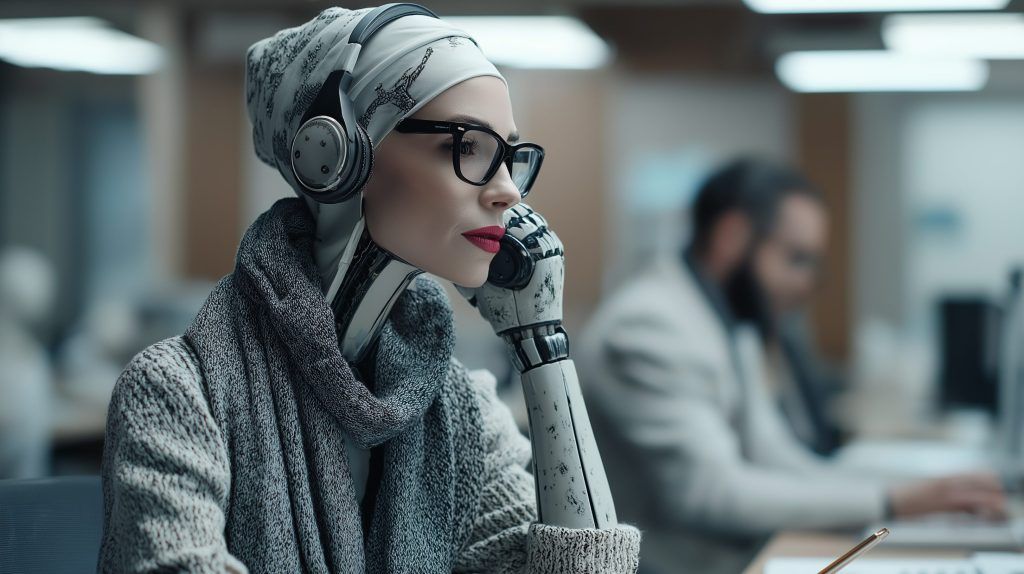- Estimates suggest up to 300 million jobs worldwide—about 25% of all work activities—could be disrupted by AI in the coming years.
- AI-resistant careers include healthcare roles such as registered nurses, nurse practitioners, mental health counselors, physician assistants, and paramedics, due to human empathy and clinical judgment.
- Skilled trades like plumbers, electricians, carpenters, HVAC technicians, and auto mechanics remain relatively safe because on-site problem-solving and manual dexterity are hard to automate.
- Creative arts and design are relatively safe because AI struggles to replicate genuine creativity and emotional resonance in fields like writers, artists, musicians, and choreographers.
- Education and training roles such as teachers, coaches, instructors, corporate trainers, and career coaches tend to be AI-resilient due to empathy and mentorship.
- Careers in technology development and AI itself, including software developers, machine learning engineers, data scientists, and cybersecurity experts, are in high demand and relatively safe from automation.
- The most vulnerable jobs include clerical and administrative work like data entry clerks, transcriptionists, bookkeeping and payroll clerks, and administrative assistants, with data collection and processing among the most automatable tasks.
- Customer service and retail sales are at risk, as AI chatbots can handle up to 95% of routine inquiries on websites and call centers and self-checkout reduces cashier needs.
- Manufacturing, warehousing, and other repetitive manual labor face high risk, with Oxford Economics predicting up to 20 million manufacturing jobs could be lost to robots by 2030.
- Transportation and logistics face disruption from self-driving technology, with self-driving trucks already being tested on highways and potentially affecting more than 300,000 long-haul truckers in the United States within the next decade.
In an era of automation and AI, millions of workers are asking themselves: “Will a robot take my job?” From self-checkout kiosks to ChatGPT writing essays, the “machine revolution” is transforming the workplace at breakneck speed. Recent studies suggest up to 300 million jobs worldwide – about 1 in 4 – could be disrupted by AI in the coming years Theonlinecorner. Yet it’s not all doom and gloom. History shows technology creates new opportunities even as it eliminates old ones. So, which careers are truly AI-proof, and which are on the chopping block? More importantly, how can you future-proof your livelihood in the age of smart machines? This report dives into the latest data and expert insights (circa 2025) to separate hype from reality.
AI-Proof Professions: Jobs That Resist Automation
Not all jobs are equally threatened by artificial intelligence. In general, any occupation that leans heavily on uniquely human traits – judgment, creativity, physical dexterity, or emotional intelligence – is harder for AI to replace Weforum. Here are some major categories of AI-resistant careers and why they’re expected to thrive:
- Healthcare and Caregiving: Roles like registered nurses, nurse practitioners, mental health counselors, physician assistants, and paramedics consistently rank near the top of “safe jobs” lists Wkyt. These jobs require human empathy, clinical judgment, and hands-on care that AI cannot (yet) replicate. Patients trust the human touch – an algorithm might analyze an X-ray, but only a human nurse can comfort an anxious patient or make nuanced ethical decisions during care.
- Skilled Trades and Repair: Plumbers, electricians, carpenters, HVAC technicians, auto mechanics – these jobs involve complex problem-solving on-site and manual dexterity in unpredictable environments Wkyt. Robots struggle with the versatility and adaptability of human tradespeople. As one 2023 World Economic Forum analysis noted, expectations that physical manual work would be easily displaced by machines have receded, since a human brain “attached to a real human body” still holds advantages in many of these tasks Weforum. In fact, demand for skilled trade workers and equipment operators is actually rising in some sectors despite automation Weforum.
- Creative Arts and Design: Writers, artists, musicians, choreographers, and other creative professionals are thought to be relatively safe because they produce original ideas and cultural products. AI can mash up existing patterns, but it still struggles to truly innovate or capture human imagination. For example, while generative AI can compose music or produce images, it hasn’t matched what a human artist can do in terms of genuine creativity and emotional resonance Wkyt. “Robots can dance, but they still need human choreographers to look convincing,” as The Guardian quipped Theguardian. In short, jobs that hinge on artistic vision, originality, and taste remain largely human domains for now.
- Education and Training: Teachers, coaches, and instructors are often cited as AI-resilient occupations. People generally prefer a human educator – someone who can inspire, mentor, and adapt to students’ needs – over a cold AI tutor. An AI can present facts or even personalize drills, but that’s not the same as teaching and motivating humans in the real world Wkyt. Great teachers draw on empathy, storytelling, and interpersonal connection, which are hard for machines to mimic. Similarly, roles like corporate trainers and career coaches that involve guiding personal growth are expected to remain in human hands.
- Technology Development and AI Itself: It’s ironic, but the people building and overseeing AI systems – software developers, machine learning engineers, data scientists, cybersecurity experts – are in high demand and relatively safe from automation Wkyt. As Microsoft founder Bill Gates recently pointed out, “AI needs people to build and manage AI” Indiatimes. Current AI can assist with writing code, but it still lacks the problem-solving prowess and creativity to design complex software from scratch. Human programmers and engineers are essential for debugging, refining, and advancing AI capabilities Indiatimes. In Gates’s view, coders are “the architects of AI” and will only become more valuable as the technology grows Indiatimes. (He also singled out energy sector experts and biologists as two other professions unlikely to be fully replaced soon, since their work involves complex real-world systems and creative scientific thinking beyond AI’s reach Indiatimes Indiatimes.)
Of course, “AI-resistant” doesn’t mean these jobs won’t change. Doctors and nurses, for example, are adopting AI tools for diagnostics and record-keeping – but those tools augment their work rather than replace them. The common thread is that these careers all leverage distinctly human strengths or require a human presence. As one World Economic Forum report summarized: AI is unlikely to displace roles that require human judgment, nuanced communication, social/emotional intelligence, creativity, or hands-on dexterity Weforum. If your job lives in those uniquely human spaces, it’s probably safe for a while.
The Most Vulnerable Jobs: Who’s at Risk of Automation
On the flip side, many jobs are squarely in AI’s crosshairs. Roles consisting largely of repetitive, routine, or predictable tasks are the ones most at risk of being automated away Theonlinecorner. AI excels at consistency, speed, and data processing – so occupations that are heavy on those aspects (and light on human-to-human interaction or creativity) face an uncertain future. Here are some of the top categories of jobs that experts warn are most vulnerable to AI and automation:
- Clerical and Administrative Work: Think of jobs like data entry clerks, transcriptionists, bookkeeping and auditing clerks, payroll clerks, and administrative assistants. These roles involve handling structured data, forms, or routine paperwork – tasks that machine learning and software bots can do faster and error-free. In fact, McKinsey Global Institute finds that activities involving collecting or processing data are highly automatable Futuristspeaker. It’s no surprise that data entry clerks rank #1 on many “jobs at risk” lists, with AI able to input and process data with superior speed and accuracy Theonlinecorner. Likewise, basic accounting entries and record-keeping can be offloaded to accounting software. Automation is essentially coming for the filing cabinet. The silver lining? As mundane paperwork is digitized, humans can focus on higher-value analytical or client-facing work (more on how to pivot skills later).
- Customer Service and Retail Sales: If your job involves answering the same questions over and over, taking orders, or helping customers with basic requests, an AI agent might soon lighten your workload – or replace you outright. Call center agents, receptionists, helpdesk support, telemarketers, cashiers, and retail salespeople are all on the endangered list. AI-driven chatbots can now handle up to 95% of routine customer inquiries on websites and call centers Theonlinecorner. In retail and food service, self-checkout stations and ordering kiosks have already reduced the need for human cashiers and fast-food counter workers Theonlinecorner Theonlinecorner. We’ve even seen AI voice systems start taking drive-thru orders at fast-food restaurants Wkyt. These technologies are improving rapidly, meaning many front-line service jobs that involve simple, scripted interactions or transactions may largely automate in the next 5–10 years. (Jobs that involve more complex customer relationship management or sales strategy will likely survive longer, since those require personal trust and nuanced persuasion.)
- Manufacturing, Warehousing, and Manual Labor: Factories have used robots for decades, but AI and advanced robotics are poised to eliminate a huge number of routine assembly-line and warehouse jobs. Machine operators, assemblers, packers, sorters, and laborers who perform repetitive physical work in predictable environments are vulnerable. Oxford Economics famously predicted that up to 20 million manufacturing jobs could be lost to robots by 2030 Futuristspeaker. Already, e-commerce warehouses are deploying automated guided vehicles and robotic arms, reducing the need for human pickers and movers. “Repetitive factory jobs that can be done by a machine” are high on the hit list, confirms a 2025 labor report Wkyt. Even roles like janitors and cleaners may decline as cleaning robots improve Theonlinecorner. That said, automation tends to handle the simplest, most repetitive tasks first – so skilled tradespeople and craftsworkers (who do varied physical tasks) remain in better shape than, say, a person tightening the same bolt all day on a production line.
- Transportation and Logistics: The race toward self-driving vehicles and delivery drones puts transportation jobs in peril. Truck drivers, taxi and rideshare drivers, bus drivers, delivery couriers – even forklift operators and train engineers – could see their roles change or shrink. The technology is still maturing (and full autonomy has been slower than optimistic forecasts), but pilot programs are well underway. For instance, self-driving trucks are already being tested on highways, and analysts note this could impact some 300,000+ long-haul truckers in the US alone within the next decade Theonlinecorner. Autonomous vehicles promise greater safety and efficiency for freight companies – but for human drivers, that means planning an exit strategy or transition. Similarly, automated inventory management and sorting systems threaten jobs in warehousing and logistics. The timeline is uncertain (regulations and technical hurdles remain), but transportation is widely seen as a domino ready to fallas AI navigates the roads.
- Basic Analytical and “White Collar” Routine Roles: It’s not only blue-collar work at risk. AI’s reach extends into the office. Any job heavily involving routine analysis of data or text could be augmented or outright done by AI. For example, paralegals and legal assistants who spend hours sifting documents or doing legal research may find AI tools (like the legal AI “Harvey”) doing that grunt work Theonlinecorner. Entry-level accounting and finance jobs (e.g. auditing clerks or tax preparers) are being challenged by AI-driven software that can analyze financial statements or complete tax filings in a flash Theonlinecorner. Even some parts of journalism, content writing, or graphic design are automatable – AI can draft basic news blurbs or generate simple marketing images on demand. (Case in point: one AI tool can produce realistic illustrations, threatening routine graphic design gigs Theonlinecorner.) Radiologists and medical diagnosticians have seen AI algorithms encroach on their turf by reading X-rays and scans – though currently these tools are used to assist doctors, not replace them entirely Theonlinecorner. The key pattern is that jobs centered on recognizing patterns, filling out forms, or organizing information are being gradually taken over by algorithms. The more a white-collar role resembles an assembly line of information, the more at risk it is.
It’s worth noting that AI-driven automation often targets tasks within jobs, not necessarily entire occupations overnight. As AI expert Andrew Ng puts it, “For the vast majority of jobs, if 20-30% of the work is automated, the job is still going to be there” Businessinsider. In many cases, AI will handle the repetitive grunt work, while humans focus on the more complex, human-centric aspects of the job. For example, an attorney might use AI to review thousands of documents (replacing what junior lawyers or paralegals did), but still rely on human judgment for courtroom strategy and negotiation. A marketing analyst might use AI to crunch consumer data, then spend their time crafting creative campaigns. So jobs at risk aren’t always simply “vanished” – they are transformed. However, if a role consists entirely of easily automatable tasks, then it really can disappear (e.g. typists or switchboard operators largely did). The roles listed above have a high proportion of such routine tasks, which is why they’re flagged as vulnerable in the near future (2025–2035). If you’re in one of these fields, it’s wise to start planning now for how you can adapt (see the final section of this report for tips).
Expert Perspectives: Will AI Create or Destroy Jobs?
Will AI lead to mass unemployment, or a new golden age of productivity and prosperity? The answer likely lies somewhere in between, and experts are divided. Economists, futurists, and tech leaders have offered a range of commentary – from dire warnings to optimistic forecasts – about the impact of AI on the job market. Here’s a look at the debate and the latest projections:
On the pessimistic side, some fear a wave of job losses as intelligent machines outcompete humans. A widely cited analysis by Goldman Sachs in 2023 estimated that 300 million jobs globally could be affected by AI automation, potentially equivalent to 25% of all work activities Theonlinecorner. Certain fields could see dramatic change even by the end of this decade – for example, McKinsey estimates about 30% of tasks in the average U.S. job could be automated by 2030 Theonlinecorner. Big consulting firms and think tanks have painted pictures of significant labor market upheaval, especially for mid-skill jobs. Tech luminaries like Elon Musk have even mused about “AI replacing so many jobs we might need universal basic income.” And indeed, Bill Gates has warned that AI will render many jobs obsolete in the coming years, automating roles across numerous industries Indiatimes. Gates expects a period of disruption where lots of workers will need to find new roles. This aligns with historical concerns: every industrial revolution has spurred fears of widespread unemployment, from the Luddites smashing textile machines in the 1810s to factory workers worrying about robots in the 1980s.
However, history also shows that while technology eliminates certain jobs, it also creates new ones, often in unpredictable ways. Many experts emphasize this more optimistic view. “AI will instead become the greatest job creator of all time,” writes futurist Thomas Frey, arguing that AI will supercharge human productivity and spawn entirely new industries Futuristspeaker. Frey notes that every past technological leap – from electricity to the internet – led to more total employment in the long run, even if specific roles (like elevator operators or video store clerks) vanished. AI, by taking over drudge work, could unleash humans to pursue “exponentially bigger projects,” new startups, and creative ventures Futuristspeaker, potentially resulting in net job growth. In fact, the World Economic Forum’s Future of Jobs 2025 report projects that while 85 million jobs may be displaced by automation by 2025, about 97 million new jobs may emerge that are adapted to the new division of labor between humans, algorithms, and machines Vpcollegeconsulting Theonlinecorner. By 2030, global trends like AI, digitization, and the green transition are expected to create 170 million new positions and eliminate 92 million old ones, for a net gain of +78 million jobs Weforum. These new roles include everything from big data scientists and AI ethicists to climate tech engineers and care economy jobs – fields that either build the new technology or leverage human skills that remain in demand.
Importantly, most economists caution that AI will transform jobs more than outright destroy them overnight. It automates specific tasks rather than whole occupations in one go. MIT economist Daron Acemoglu, a prominent scholar on technology and jobs, believes the doomsayers exaggerate AI’s short-term impact. His research suggests that only around 5% of jobs are at high risk of being completely automated in the next decade Mit. In other words, 95% of us won’t be entirely replaced by AI – but our jobs will evolve to include new tools and workflows. Acemoglu does warn, however, that we need to steer AI development in a “human-friendly” direction – focusing on complementing workers rather than just cutting labor costs – to avoid a future of stagnant wages and lost opportunities Project Syndicate Project Syndicate. The ideal scenario, many suggest, is one where AI becomes a powerful tool in human hands: boosting our productivity and wages, while we in turn adapt by acquiring new skills and focusing on what humans do best.
AI pioneer Andrew Ng encapsulated this balanced view well in a recent talk. “AI won’t replace people,” Ng says, “but people who use AI will replace people who don’t.” Businessinsider In other words, the future belongs to those who embrace AI as a collaborator rather than resist it. If you let AI augment your work, you’ll outcompete those who stick to old ways. But if you ignore the tech, you risk falling behind colleagues (or competing firms) who are turbocharged by AI assistance. This sentiment is increasingly shared by tech leaders: it’s less about AI versus jobs and more about AI plus jobs. Even Goldman’s analysts, despite predicting significant task automation, also projected that AI could boost global GDP by trillions of dollars – which would likely create demand for new jobs, products, and services, much as past innovations did.
So, is your own job safe or not? The consensus is: it depends on how much of your work can be automated, and how you adapt. Entire professions rarely vanish overnight; more often, they shift. We’re likely to see a period of intense job churn – some roles declining, others growing, almost all changing in some way. One 2024 survey found over half of U.S. workers are more excited than fearful about AI, believing it will improve their jobs (by handling drudgery) rather than eliminate them Nexford Businessinsider. But that positive outcome isn’t guaranteed – it will require effort from both workers and employers to navigate the transition.
In the next section, we turn to concrete steps you can take to stay relevant in this brave new world of AI at work.
Future-Proofing Your Career: Skills and Strategies for the AI Era
No matter what field you’re in, one thing is clear: the key to surviving and thriving amid AI disruption is adaptability. The days of learning one trade and sticking with it for 40 years are fading. The “half-life” of job skills is shrinking – according to the World Economic Forum, nearly half of all workers’ core skills will need updating within just five years Fanaticalfuturist. To stay ahead of the curve, you’ll need to keep learning, evolving, and leveraging your uniquely human strengths. Here are some actionable strategies and skills to focus on in order to remain employable and valuable, even as intelligent machines become your co-workers:
- Embrace Lifelong Learning and Upskilling: The rapid pace of technological change means continuous education is a must. “Individuals will need to become lifelong learners,” employment experts say, often switching careers or specialties multiple times Fanaticalfuturist. Make it a habit to regularly learn new tools, technologies, or methodologies in your field. This could mean taking online courses in data analysis, earning a certification in project management, or even going back for a mid-career degree. Employers themselves expect major skill churn – 39% of key skills are projected to change by 2030 Weforum – so they value workers who proactively upskill. Don’t wait for your job to be disrupted; invest in your own skill development every year. Not only does this keep you marketable, it sends a signal to bosses that you can handle the future. Many companies and governments are launching retraining programs (often with subsidies) – take advantage of them. As the saying goes: the best way to future-proof your job is to future-proof your skills.
- Cultivate Skills AI Can’t (Yet) Replicate: Double-down on the human skills that make you irreplaceable. These are the abilities that, as of 2025, AI still struggles with – and they happen to be the skills that employers are increasingly seeking. According to the WEF, the hottest skills for the future include creative thinking, innovation, empathy, active listening, complex problem-solving, leadership, and social influence Weforum. In essence, focus on becoming more human, not more like a machine. Practice your communication and interpersonal skills; work on emotional intelligence and understanding people’s needs. Creative skills are also at a premium – whether that’s the creativity to design a marketing campaign, craft a legal argument, or devise a new business strategy. These qualities will keep you valuable even when AI is ubiquitous. Remember: machines excel at optimization, but humans excel at imagination. Jobs that combine technical know-how with creativity or people skills will be especially resilient.
- Get Comfortable Working Alongside AI: Rather than fear AI tools, learn to use them to your advantage. Being tech-savvy and AI-literate is rapidly becoming a core skill across industries. For example, if you’re a marketer, master using AI analytics platforms to gain customer insights faster. If you’re a programmer, learn how to incorporate AI APIs or use AI code assistants to speed up development. If you’re a teacher, explore AI tutoring apps that can help you personalize lessons. The goal is to become the employee who knows how to multiply their output with AI, not the one who does things “the old way.” As Andrew Ng noted, the people who harness AI will outperform those who don’t Businessinsider. Concretely, this could mean taking courses on basic data science or AI for your domain, experimenting with tools like ChatGPT in your daily work, or at least staying informed about new software in your field. Even simple automation (like learning to write a macro or use a no-code AI tool) can free you from mundane tasks. Think of AI as your new teammate – learn its capabilities and weaknesses, and figure out how to combine its strengths with yours. This human-AI collaboration mindset will be highly valued; many job postings now explicitly seek candidates who can “leverage AI” in their workflow.
- Pivot to Resilient Roles or Industries: If you assess your current job and realize it’s heavy on routine tasks, consider transitioning into more AI-proof areas. This might involve shifting into a different role at your company or even changing careers. Some broad sectors likely to see sustained or growing human employment include healthcare (nurses, therapists, elder care workers), education (teachers, trainers), creative industries (designers, writers), skilled trades (electricians, mechanics), and management roles that require leadership and strategic thinking Theonlinecorner. These fields play to human strengths and are in demand due to social needs (aging populations mean more healthcare jobs, etc.). Likewise, jobs in the tech sector and AI development itself are booming – if you have an interest in coding, data analysis or AI engineering, those skills can open doors to the very jobs helping build the future. The World Economic Forum recommends focusing your career on areas where technology complements human workers instead of replacing them Theonlinecorner. For instance, if you’re in customer service, you might aim to become a “Customer Success Manager” who handles complex client relationships rather than a call center rep answering FAQs Theonlinecorner. Or a displaced factory worker might retrain as a robotics technician who maintains the machines. Look at how your industry is changing and proactively move toward the roles that are likely to stick around (or new roles being created). Early movers will have an easier time than those scrambling after the old job is gone.
- Stay Adaptable and Open-Minded: Finally, adopt a mindset of agility. The traditional linear career path is giving way to a more dynamic journey. Future workers may have many different roles (and even multiple careers) in their lifetime Fanaticalfuturist, and that’s okay. Be willing to reinvent yourself as needed. This could mean relocating for a new opportunity, learning an entirely new trade at 40, or taking on gigs and freelance work to bridge transitions. Soft traits like resilience, flexibility, and curiosity are more important than ever Weforum – they’ll help you handle the stress of change and spot opportunities that others miss. If your company introduces AI systems, volunteer to be part of the pilot program; if you lose a job, view it as a chance to explore something new rather than a catastrophe. Governments and firms are starting to realize the need for support here – from scholarships for reskilling to job placement services – but ultimately your career is your responsibility. By staying adaptable, you’ll be positioned to ride the waves of technological change rather than get drowned by them.
Bottom line: The “machine revolution” will undoubtedly reshape the employment landscape, but it doesn’t have to leave you behind. Your job is safe from AI if you make yourself safe from AI. That means staying educated, honing the skills bots can’t match, and using the technology as a tool rather than seeing it as an enemy. As one expert neatly put it, “The most resilient and valuable jobs will be those where humans leverage AI as a powerful tool to enhance their uniquely human capabilities.” Reddit In the final analysis, human creativity, empathy, and adaptability are the ultimate job security. The future of work will belong to those who can work with machines while continuously evolving their own human talent. If you can do that – no matter how advanced the robots and algorithms become – you’ll always find a place in the modern economy.
Sources:
- World Economic Forum – Future of Jobs Report 2025 (job creation/displacement projections, in-demand skills) Weforum Weforum
- World Economic Forum – “Jobs AI won’t replace” (human skills AI can’t replicate) Weforum
- Forbes / WKYT News – Analysis of AI-safe vs. at-risk jobs in 2025 (healthcare, trades, creative jobs safe; factory work and customer service at risk) Wkyt Wkyt
- The Online Corner (Fernando Scheps, May 2025) – “Top 20 Jobs at Risk from AI” (detailed list of vulnerable jobs and timelines) Theonlinecorner Theonlinecorner
- Thomas Frey, Futurist – The Coming AI Job Explosion (argument that AI will create more jobs than it destroys; repetitive tasks most automatable) Futuristspeaker Futuristspeaker
- Andrew Ng (AI expert) – Quote from July 2024 interview (AI won’t replace jobs wholesale; people who use AI will replace those who don’t) Businessinsider
- Bill Gates – Interview/analysis (predicting only coders, energy experts, biologists truly safe in short term; others must adapt) Indiatimes Indiatimes
- Oxford Economics – Forecast of manufacturing jobs lost to automation by 2030 Futuristspeaker
- Goldman Sachs & McKinsey – Stats on percentage of jobs/tasks automatable by 2030-2035 Theonlinecorner Theonlinecorner
- MIT Economist Daron Acemoglu – Caution that only ~5% of jobs likely to be fully automated in next decade (emphasis on task transformation) Mit
- Matthew Griffin (futurist) – On need for lifelong learning and frequent career shifts in the age of AI Fanaticalfuturist Fanaticalfuturist
